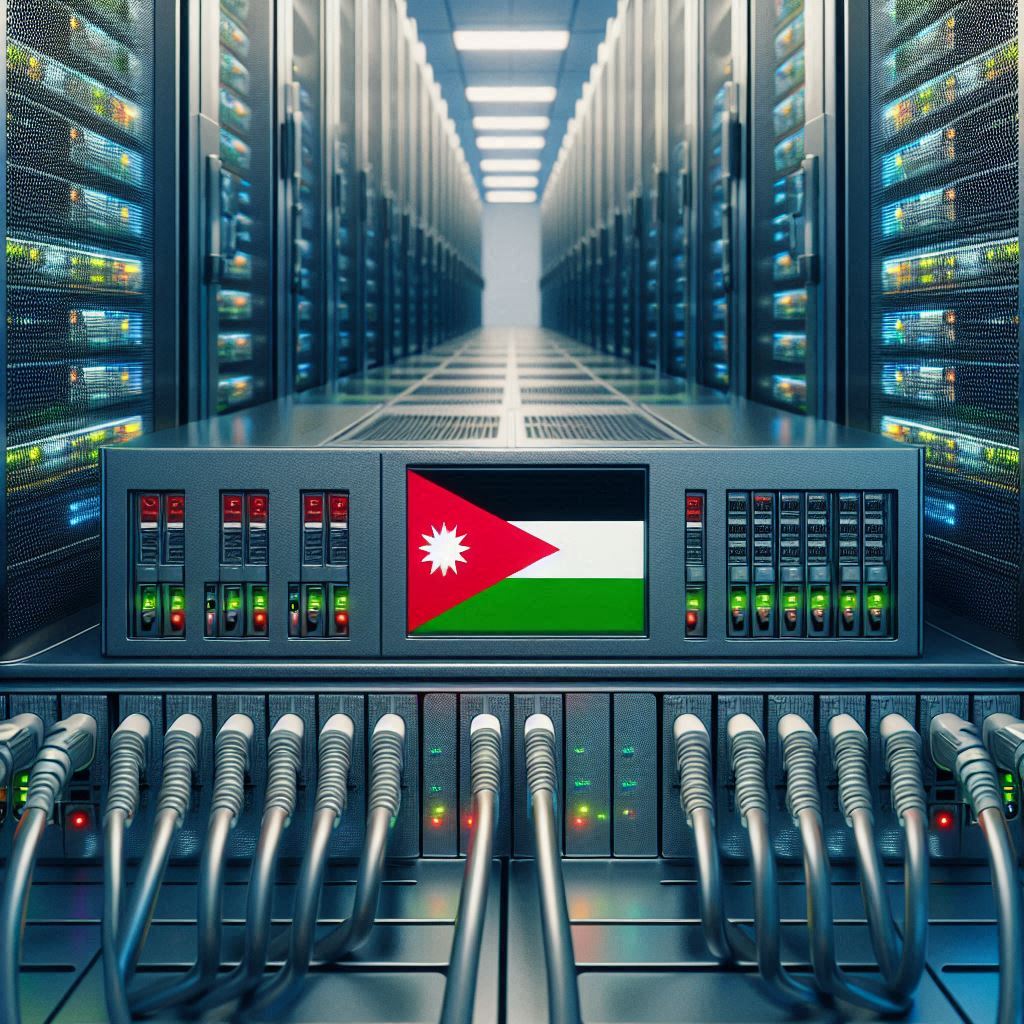In a world where data is the new oil, and tech giants are the new oil barons, it’s easy to forget the true cost of this valuable resource. The cost is not just the servers and electricity required to store and process it, but also the effort and creativity of the individuals who generate it. From browsing the web to shopping online, every click and every scroll creates a digital footprint, and as the value of data skyrockets, it’s time to ask ourselves, who is profiting from our digital labor? Enter the data-as-labor movement.
The idea of data-as-labor is rooted in the understanding that data is a product of human effort and creativity. Just as workers in traditional industries are compensated for their labor, individuals who generate data should be compensated for their contributions. This includes data generated through online activities such as browsing, social media engagement, and online shopping. It also includes data generated through more passive means, such as sensor data and location data.
One of the key challenges in the data-as-labor movement is that data is often collected and used by large companies and organizations without the knowledge or consent of the individuals who generated it. This has led to a growing sense of injustice and a call for more transparent and equitable data practices.
Data unionization is a movement that aims to give individuals and communities more control over their data and a fair share of the value it generates. A data union is a collective of individuals who pool their data together and negotiate with companies and organizations to use it. This allows individuals to share in the benefits generated by the use of their data, rather than leaving all the value to companies and organizations.
Pool Data is a project that is working to create a data union for workers in the gig economy. The project aims to give gig workers more control over their data and to provide them with more transparency and fairness in how their data is used. The project is utilizing blockchain technology to build a decentralized platform that allows gig workers to pool their data together, giving them more bargaining power with companies that use their data.
Ocean Protocol is a decentralized data exchange protocol that utilizes blockchain technology to tokenize data. This allows individuals and organizations to share data in a secure and transparent way, while still maintaining control over it. Ocean Protocol also allows for the creation of data marketplaces, where individuals can sell their data to organizations that need it. This creates a new data-as-labor market where individuals are fairly compensated for their contributions.
Blockchain technology is providing the technological infrastructure for the data-as-labor movement. By creating secure and transparent data marketplaces, blockchain technology is helping to create a new data-as-labor market where individuals are fairly compensated for their contributions. This is a significant step forward in the movement towards more equitable and transparent data practices.





